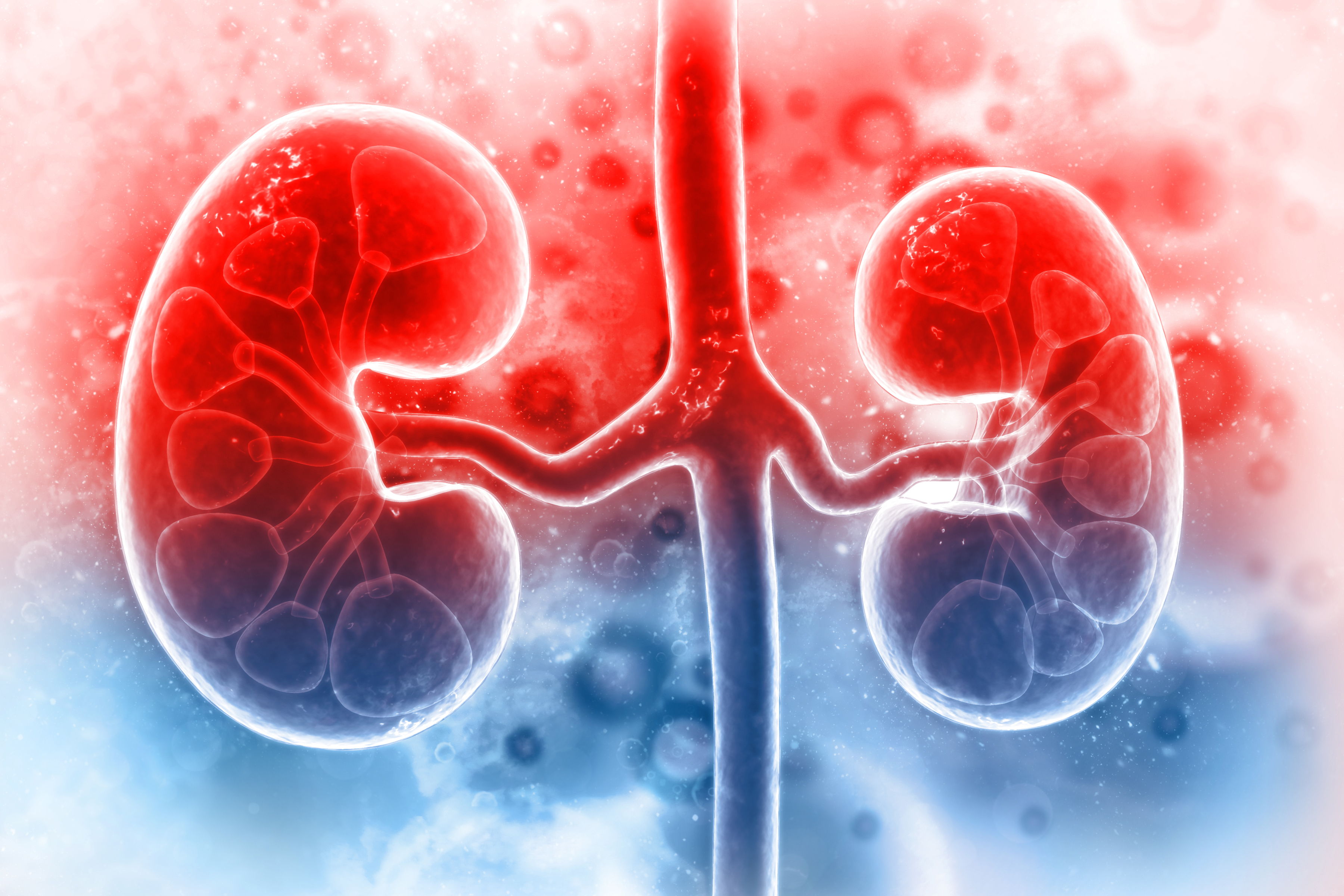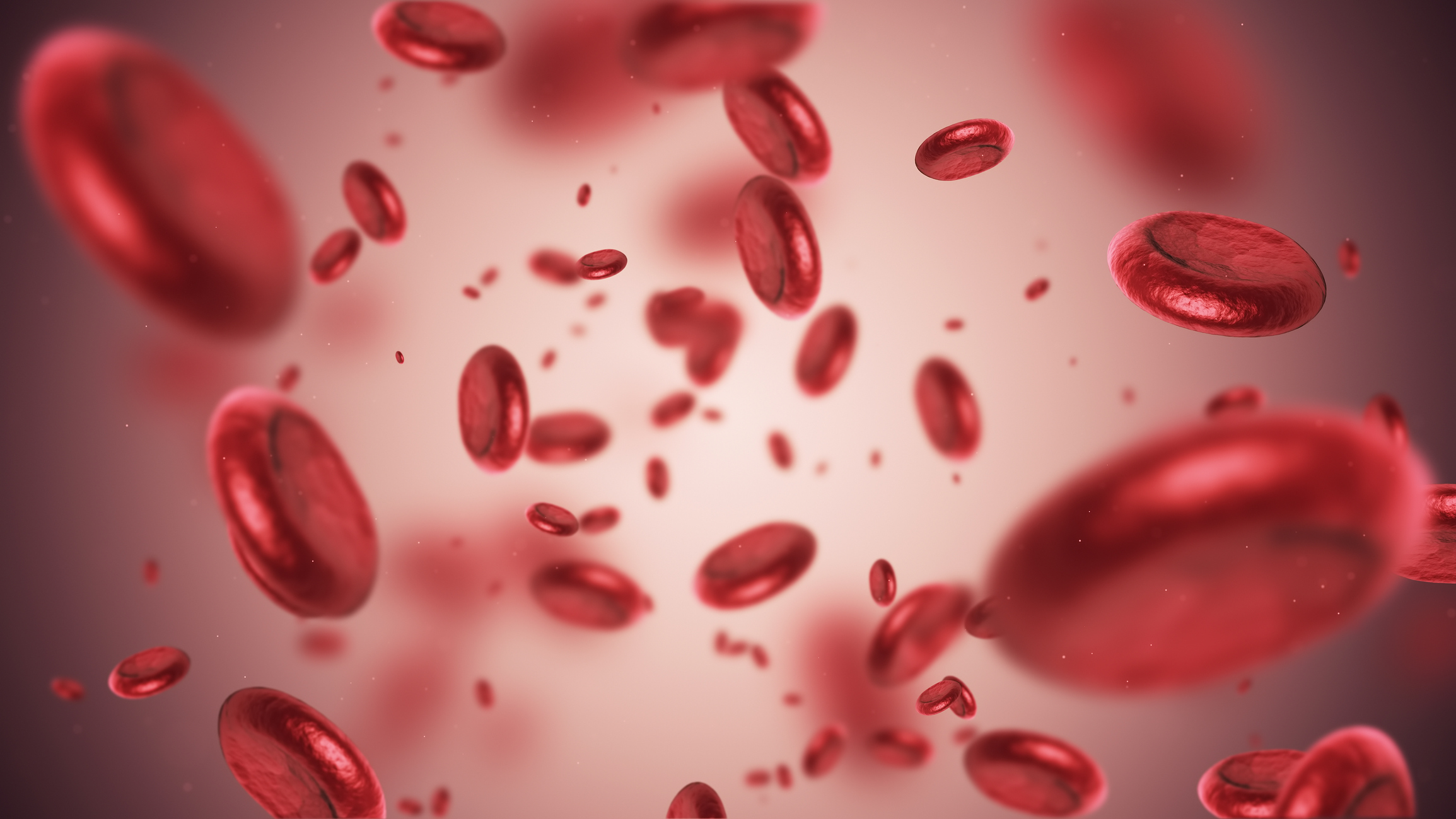What is Dialysis and Chronic Kidney Disease?
It is estimated that more than 31 million American adults have chronic kidney disease (CKD). However, a survey done by the National Medical Association and Amgen shows that most adults know very little about the symptoms or treatment of the disease. How can people be so unaware of a disease that affects so many? Like diabetes and high blood pressure, chronic kidney disease is called a “silent killer” because there are few symptoms and by the time a person realizes they have a problem, much damage has already been done. By sharing information you can help save lives. Because chronic kidney disease happens over [...]





